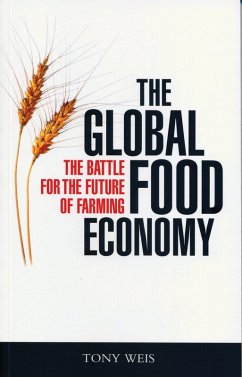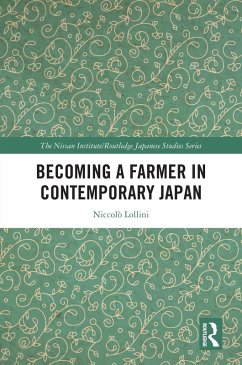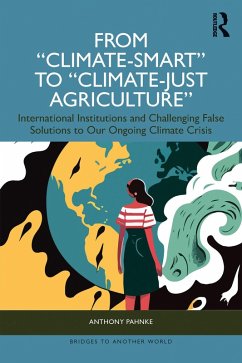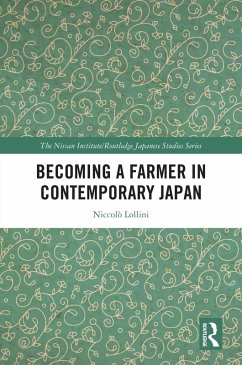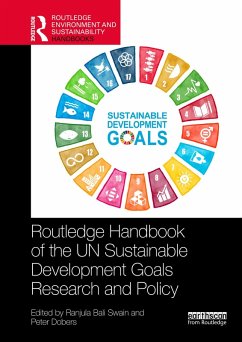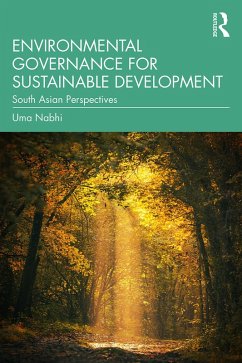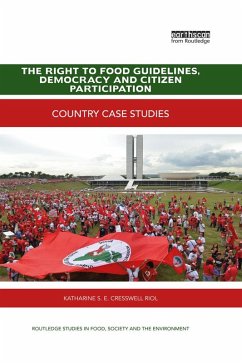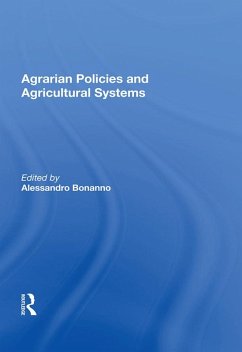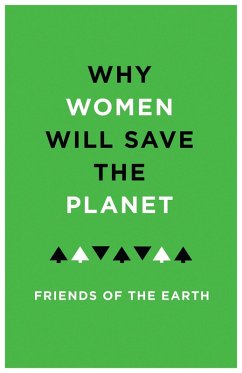
The Global Food Economy (eBook, ePUB)
The Battle for the Future of Farming

PAYBACK Punkte
10 °P sammeln!
The Global Food Economy examines the human and ecological cost of what we eat. The current food economy is characterized by immense contradictions. Surplus 'food mountains', bountiful supermarkets, and rising levels of obesity stand in stark contrast to widespread hunger and malnutrition. Transnational companies dominate the market in food and benefit from subsidies, whilst farmers in developing countries remain impoverished. Food miles, mounting toxicity and the 'ecological hoofprint' of livestock mean that the global food economy rests on increasingly shaky environmental foundations. This bo...
The Global Food Economy examines the human and ecological cost of what we eat. The current food economy is characterized by immense contradictions. Surplus 'food mountains', bountiful supermarkets, and rising levels of obesity stand in stark contrast to widespread hunger and malnutrition. Transnational companies dominate the market in food and benefit from subsidies, whilst farmers in developing countries remain impoverished. Food miles, mounting toxicity and the 'ecological hoofprint' of livestock mean that the global food economy rests on increasingly shaky environmental foundations. This book looks at how such a system came about, and how it is being enforced by the WTO. Ultimately, Weis considers how we can find a way of building socially just, ecologically rational and humane food economies.




